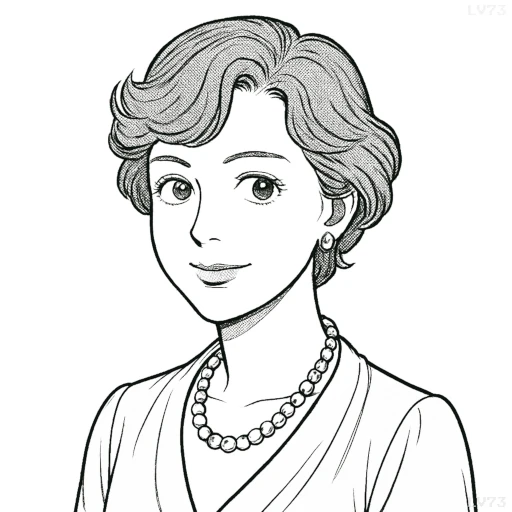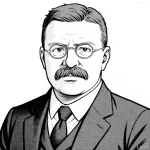“What you don’t do can be a destructive force.”

- October 11, 1884 – November 7, 1962
- American
- First Lady of the United States, Diplomat, Human Rights Advocate, Chair of the UN Human Rights Commission
table of contents
Quote
“What you don’t do can be a destructive force.”
Explanation
In this quote, Eleanor Roosevelt draws attention to the often-overlooked power of inaction, warning that failing to act in the face of injustice, need, or responsibility can cause real harm. While we tend to think of destructive behavior as active wrongdoing, Roosevelt points out that silence, apathy, and hesitation can be equally dangerous—especially when action is morally required.
Her lifetime of activism, from civil rights to global diplomacy, showed that choosing not to speak out or intervene was itself a choice—with consequences. Roosevelt understood that change doesn’t come merely from good intentions, but from the courage to act when it’s uncomfortable or inconvenient. This quote underscores the idea that moral failure can stem not just from what we do, but from what we fail to do.
In today’s world—where systemic injustice, climate crisis, and inequality persist—this quote remains a call to conscience. It reminds us that bystanders can perpetuate harm just as much as perpetrators, and that our responsibility lies not only in avoiding harm, but in actively working to prevent it. Roosevelt’s words challenge us to recognize that our omissions matter, and that doing nothing is never truly neutral.
Would you like to share your impressions or related stories about this quote in the comments section?

